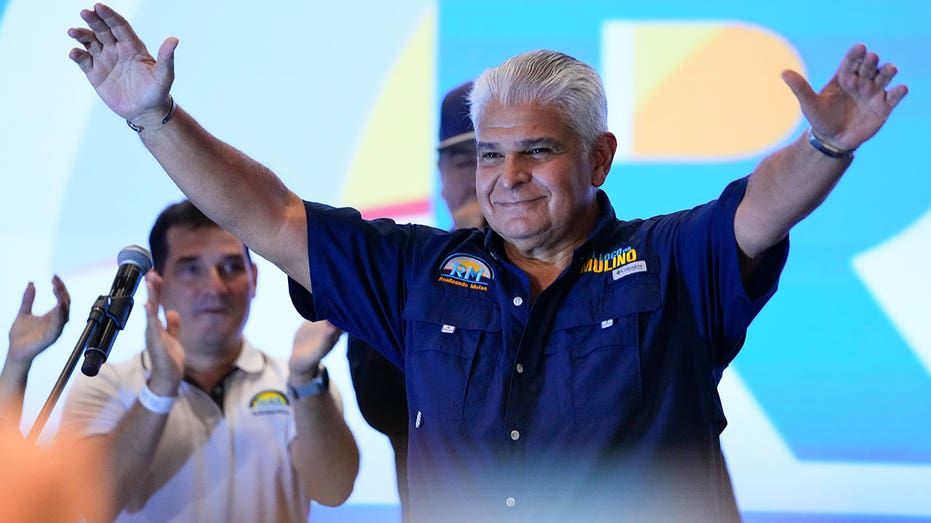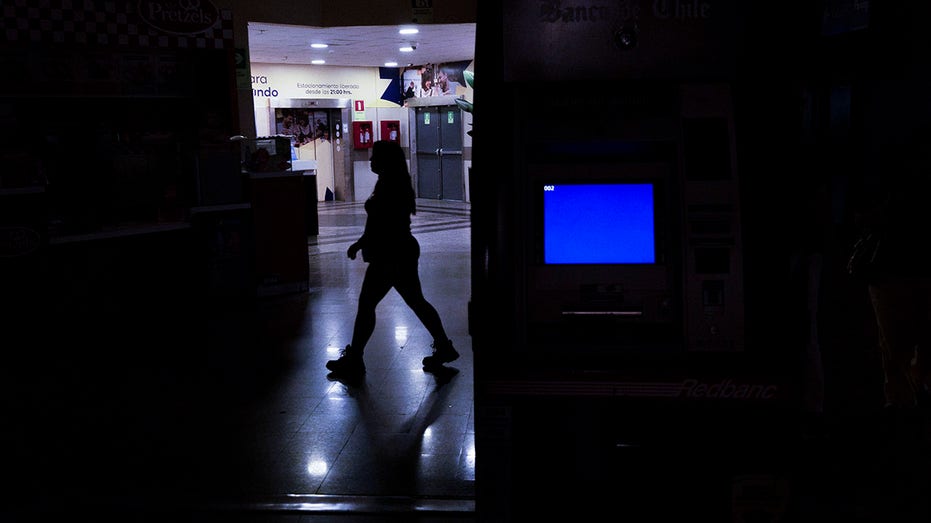Hungarian Prime Minister Viktor Orban met Russian President Vladimir Putin on Friday to discuss peace in Ukraine, drawing warnings from fellow European Union leaders against appeasement and an insistence that he did not speak for the EU.
Hungary assumed the six-month rotating presidency of the bloc on Monday. Five days in and Orban has visited Ukrainian President Volodymyr Zelenskyy in Kyiv and formed the “Patriots for Europe” alliance with other right-wing nationalists.
Now, he has chosen to go to Moscow on a “peace mission”, days before a NATO summit that will address further military aid for Ukraine against what the Western defense alliance has called Russia’s “unprovoked war of aggression”.
HUNGARY LAUNCHES EU PRESIDENCY WITH TRUMP-LIKE CALL TO ‘MAKE EUROPE GREAT AGAIN’
European Commission President Ursula von der Leyen said that only unity and determination within the 27-nation EU would pave the way to a just and lasting peace in Ukraine”.
“Appeasement will not stop Putin,” she said on X.
Putin, who received Orban in the Kremlin, told him that he was ready to discuss the “nuances” of peace proposals to end the two-and-a-half-year-old war.
Putin said last month that Russia would end the war in Ukraine, which Moscow calls a special military operation, only if Kyiv agreed to drop its NATO ambitions and hand over the entirety of four provinces claimed by Moscow – demands Kyiv swiftly rejected as tantamount to surrender.
HUNGARY’S LEADER MAKES FIRST VISIT TO UKRAINE SINCE WAR BEGAN FOR PEACE TALKS WITH ZELENSKYY
An EU diplomat said that, in Orban’s decision to meet Putin in Moscow, Hungary’s presidency of the EU – which will run until Dec. 31 – had effectively ended before it had really begun.
“The skepticism of EU member states was unfortunately justified – it’s all about promoting Budapest’s interests,” the diplomat said, asking for anonymity due to political sensitivities.
Lithuanian President Gitanas Nauseda accused Orban of undermining the EU presidency. “If you truly seek peace, you don’t shake hands with a bloody dictator, you put all your efforts to support Ukraine,” he wrote on X.
EU foreign policy chief Josep Borrell said Orban in Moscow was “not representing the EU in any form” and Finnish Prime Minister Petteri Orpo said the visit undermined EU interests.
Pavel Havlicek, research fellow at the Association for International Affairs, said Orban’s visit was an abuse of a power vacuum in Brussels and a dangerous undermining of the common European position.
Orban, a critic of Western military aid to Ukraine who has the warmest relations of any EU leader with Putin, said he recognized he had no EU mandate for the trip, but that peace could not be made “from a comfortable armchair in Brussels”.
“We cannot sit back and wait for the war to miraculously end,” he wrote on X.
The EU presidency’s role is to chair meetings of member states, seek consensus and broker agreements on legislation with the European Parliament.
At a time of transition, with a new European Commission only set to take office in November, analysts said Budapest’s actions at the forefront of EU policymaking were likely to be restricted.
Ministers said Hungary wanted to make an impact with its presidency, which it launched with a striking call to “Make Europe Great Again”, echoing former U.S. president Donald Trump, an Orban ally.
“We intend to leave a mark,” Orban’s spokesman Zoltán Kovacs said on Thursday, before reports of the Moscow trip emerged. “The prime minister is going to use the presidency in a political way.”




